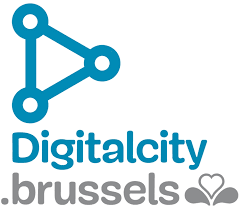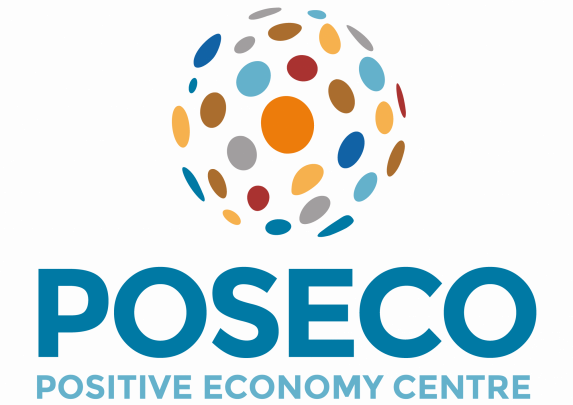Imagine a company that can respond instantly to customer needs, optimize every process to maximize profits, and explore new markets while minimizing its environmental impact. This may seem like a distant dream, but it can become a reality through digitalization. Here’s why—and how—you can integrate it into your business.
1. To stay in the race (and win it)
The market is evolving rapidly, and companies that fail to adapt risk falling behind their competitors. By integrating the latest technologies, you can meet current challenges and prepare for future opportunities. Digitising marketing and sales (website, CRM, marketing automation) is often the first step in your digital transformation.
Tip: Ensure that your business is "findable" thanks to an optimised website, a social media presence and effective SEO, not forgetting Google My Business. Then think about digitising your sales and management with software such as ERP (Enterprise Resources Planning). Assess your business with the hub.brussels digital maturity test or use a digital transformation consultant or consulting firm to analyse your operations and identify key areas for digitisation.
2. To improve your operational efficiency
Process optimisation is the key to increasing your company's efficiency. Explore solutions such as robotic process automation (RPA) to manage repetitive tasks and reduce operating costs. This translates into higher productivity, fewer errors and the ability to respond quickly to market needs.
Tip: define clear, quantified business objectives for the year, and set up performance indicators (KPIs) to monitor the effectiveness of your operations in real-time, using tools such as Tableau or Power BI.
3. To captivate your customers
Customer expectations have evolved in the digital age. Customers are looking for personalised experiences, 24/7 accessibility and smooth interactions. Fortunately, digital technologies enable large-scale personalisation and continuous customer interaction. For example, CRM systems allow a better understanding of customers' needs by collecting and analysing their data, making it possible to offer them customised services. According to Salesforce, using a CRM can increase sales by 29%.
Tip: regularly collect customer feedback to adjust your offer and improve the user experience.
4. To be both connected and sustainable
Companies have a crucial role to play at a time when environmental responsibility is at the heart of society's concerns. A sustainable digital strategy helps reduce the company's carbon footprint by incorporating green practices into the use of technology. For example, by optimising the energy consumption of your digital infrastructures via greener cloud solutions, or by rationalising the use of servers.
Tip: evaluate the ecological footprint of your digital tools and choose renewable energy suppliers.
5. To implement a digital corporate culture
Successful digital transformation depends on your capacity to integrate these new technologies into your corporate culture. Ongoing training plays a key role in this process, enabling your staff to acquire the skills they need to take advantage of digital tools. Change management support is essential for overcoming internal resistance and ensuring a smooth adoption of new practices. The three key elements of a successful digital transformation are : digital leadership, i.e. management's ability to understand the added value of technology, your team's level of digital skills, and an agile, experimentation-oriented culture.
Tip: hold regular innovation workshops where employees can propose and test new ideas. This fosters a culture of experimentation and prepares your team for technological change.
6. To reinvent your business model
Explore new business models with Business Model Canvas. Considering disruptive business models can enable you to capture value in ways your competitors have not yet done. Consider subscriptions, service platforms or community-based models.
Tip: be among the first to adopt and integrate new technologies, such as artificial intelligence, blockchain or the Internet of Things (IoT). Also monitor technology trends to remain up-to-date with the latest innovations in your sector by subscribing to specialist newsletters, following expert accounts and attending conferences and networking events on the subject.
7. To explore new horizons
Digitisation does not just improve existing processes; it also opens up new prospects for growth. With digital tools, you can extend your reach beyond local borders and access international markets. Digital marketing, for example, makes it possible to target specific segments with personalised messages, increasing the chances of success.
Tip: participate in virtual trade shows and international webinars to explore new markets without leaving Brussels.
A free test to measure your digital maturity
hub.brussels encourages all companies to assess their digital maturity using its new "digital maturity tool". In just 15 minutes, you will know exactly where you need to improve and how to kick-start or accelerate your digital transformation.
Who can help me ?





